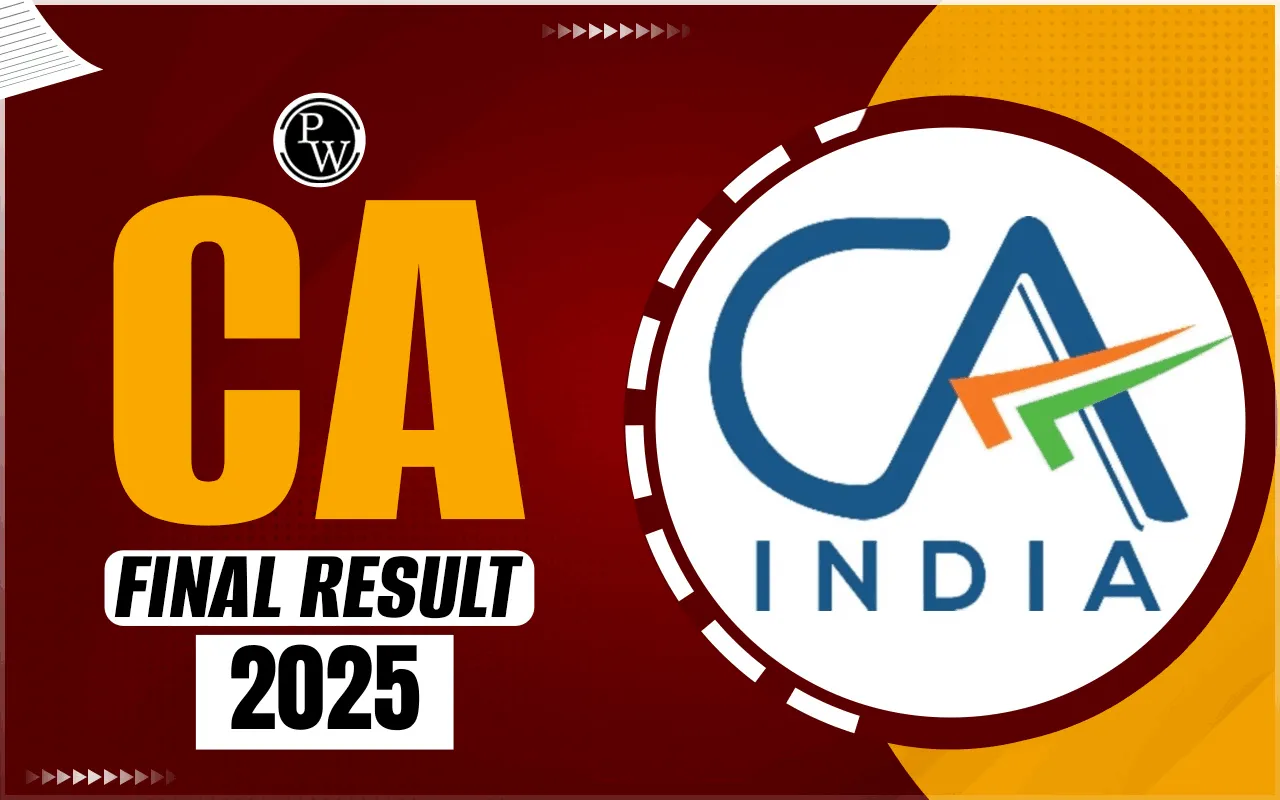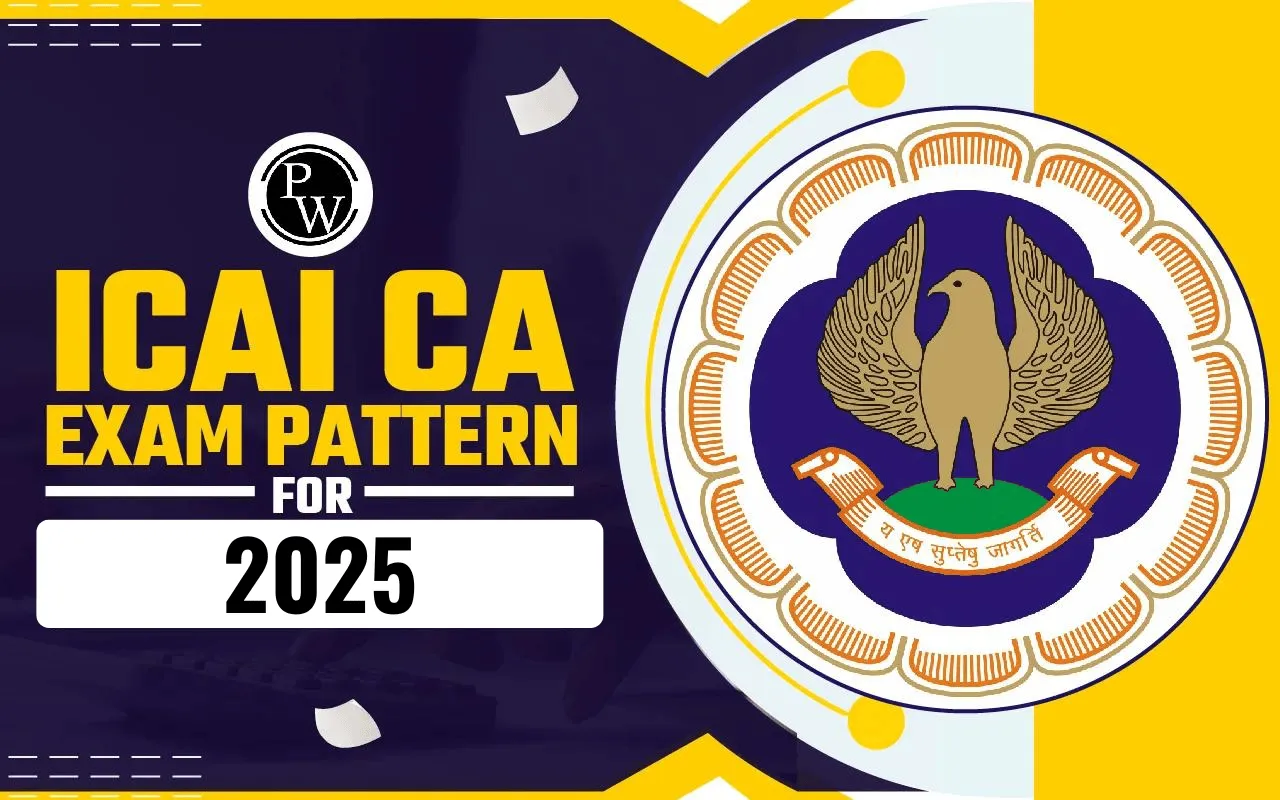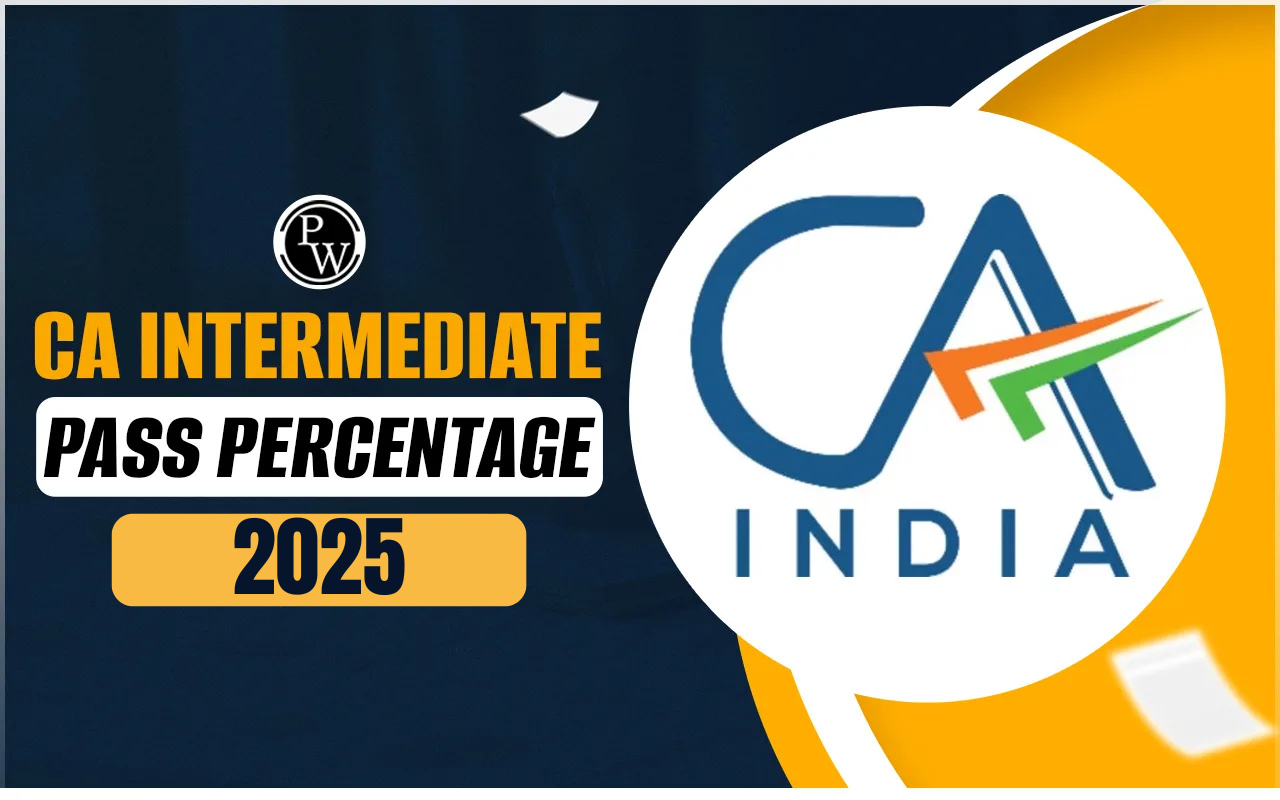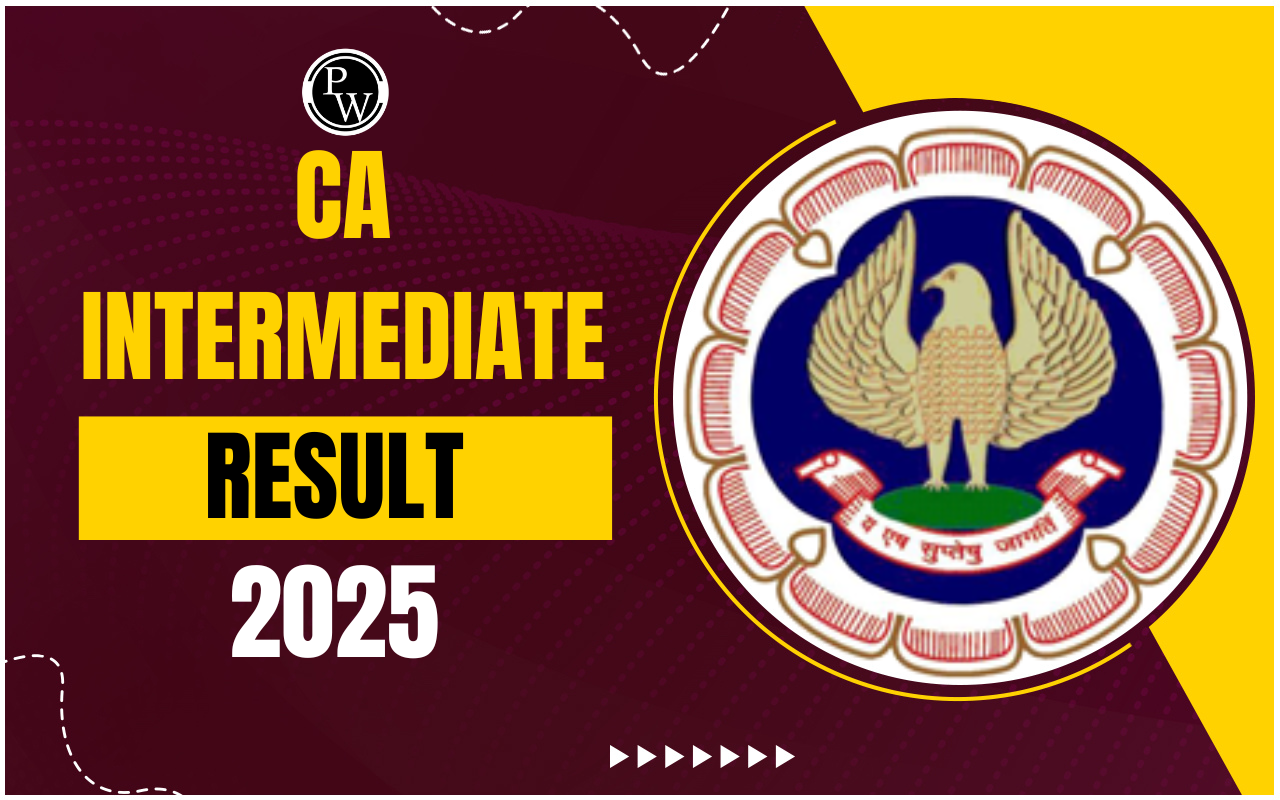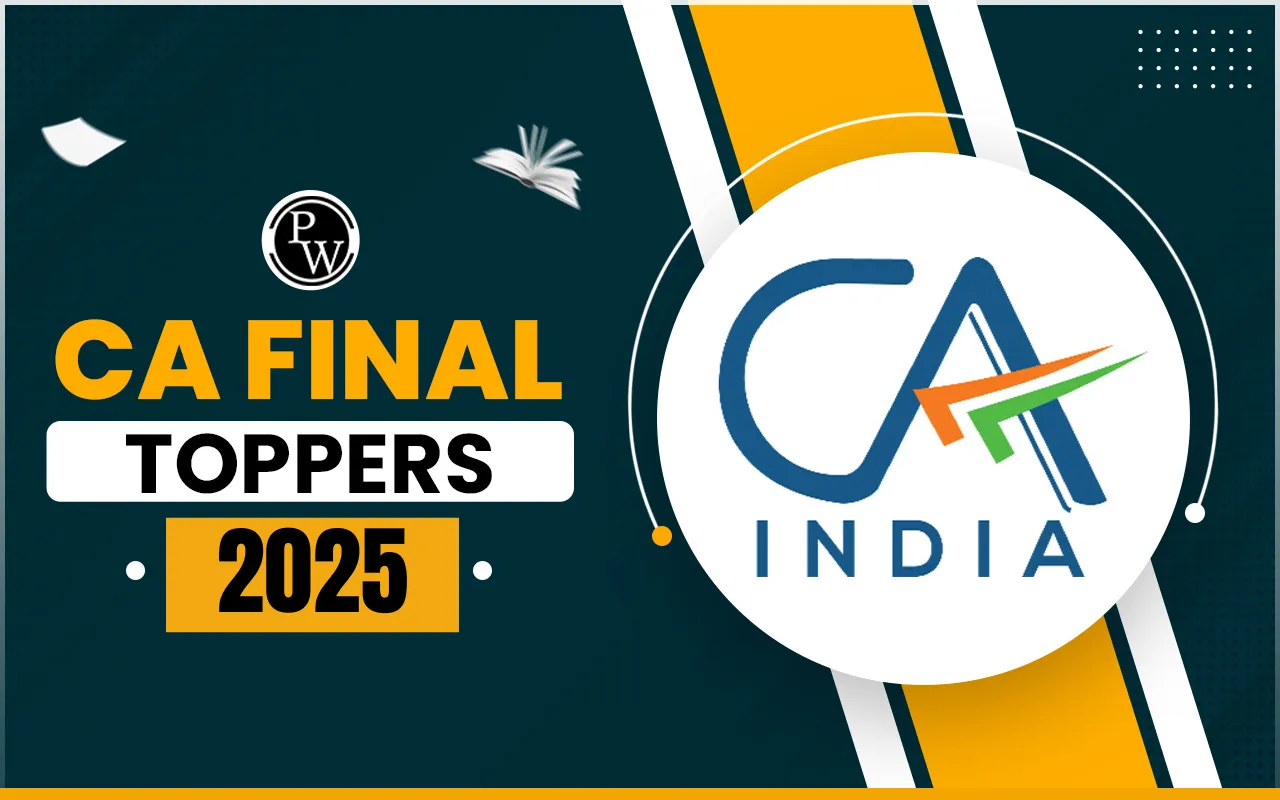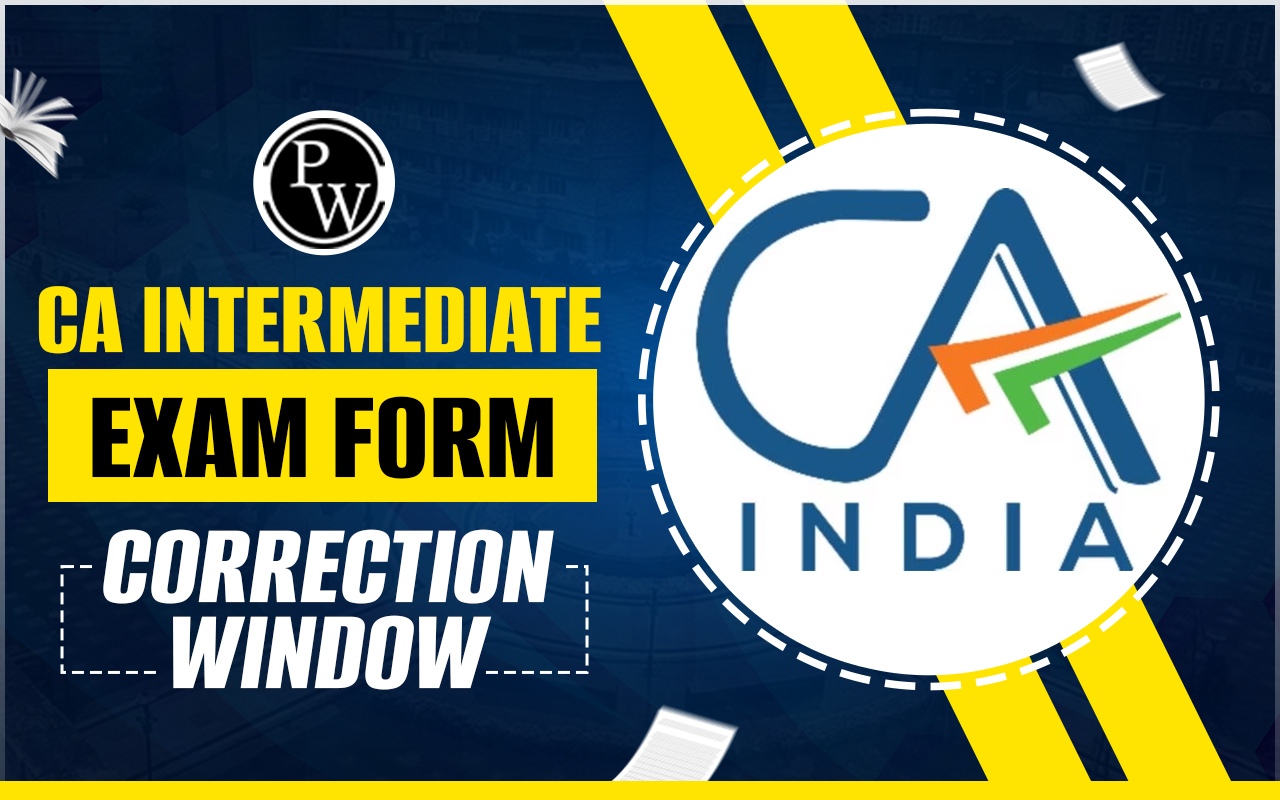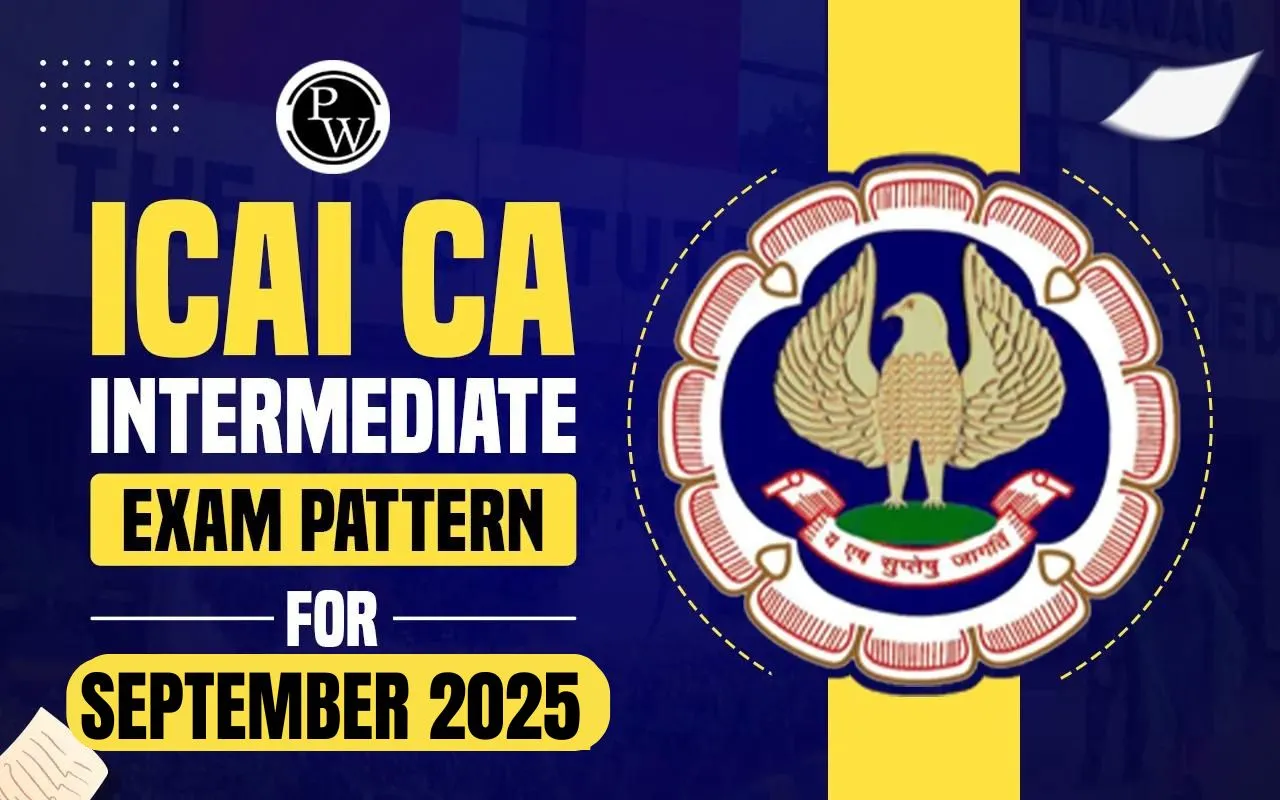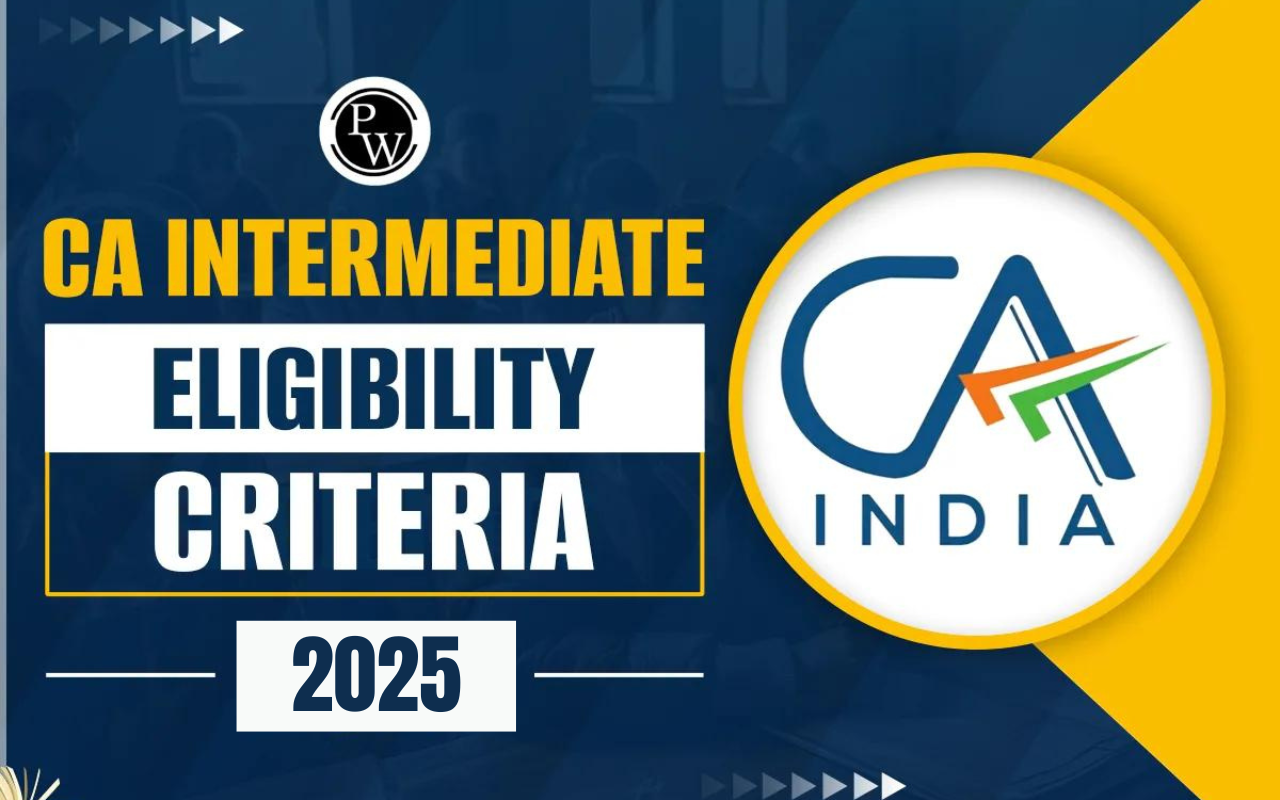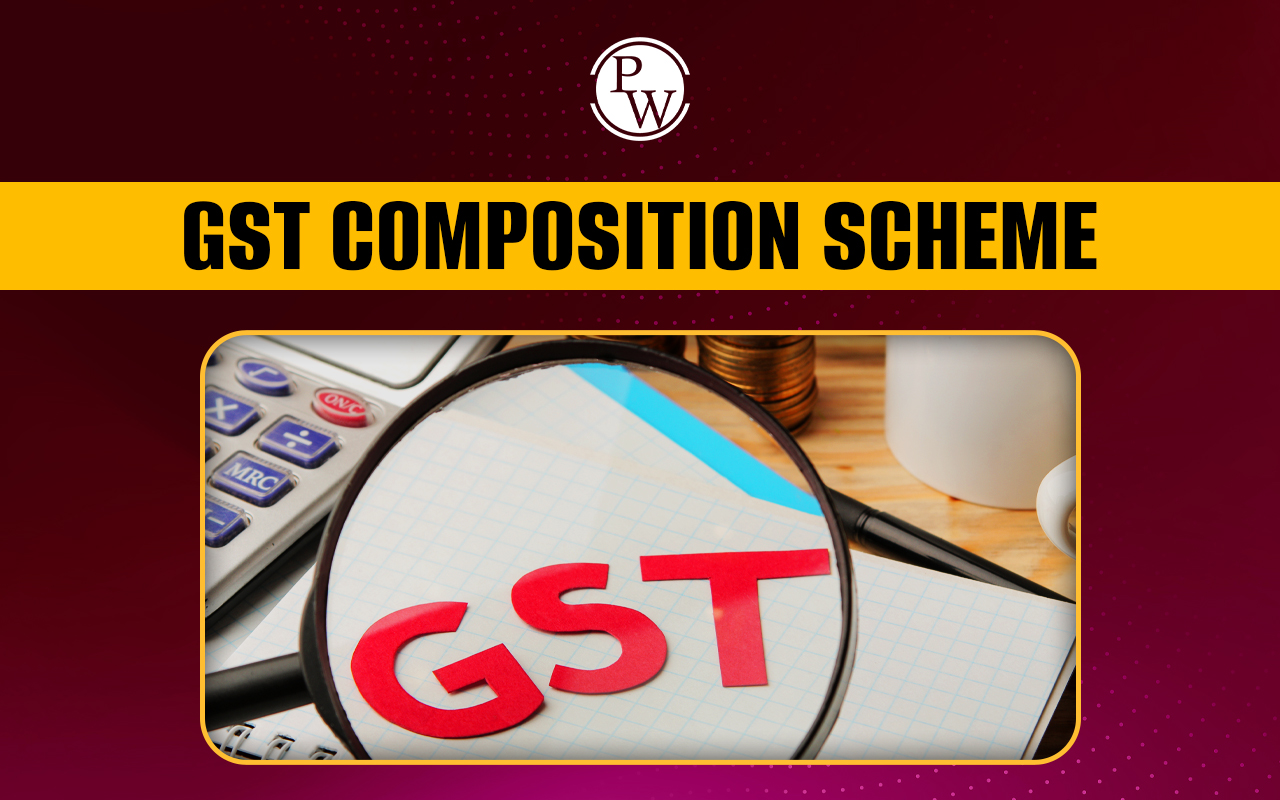
The GST Composition Scheme is a boon for small taxpayers who wish to avoid the complexities of regular GST compliance. Designed to ease the tax burden and reduce formalities, this scheme allows eligible taxpayers to pay GST at a fixed rate based on their turnover. Whether you’re preparing for CA exams or a professional aiming to understand GST, this article will provide you with a detailed breakdown of the GST Composition Scheme, its benefits, limitations, and application process.
What is the GST Composition Scheme?
The GST Composition Scheme is a simplified taxation framework under the Goods and Services Tax (GST) regime. It is specifically designed for small businesses, allowing them to pay taxes at a fixed rate on their turnover instead of the regular GST rates. This scheme helps small taxpayers reduce compliance costs, ensuring they can focus on growing their businesses without the burden of complex tax processes. Introduced with the primary aim of assisting small and medium enterprises, the scheme is available to taxpayers whose annual turnover does not exceed Rs. 1.5 crore. For businesses in North-Eastern states and Himachal Pradesh, the turnover threshold is Rs. 75 lakh. This provision enables businesses to maintain high liquidity and avoid the tedious formalities of maintaining detailed records and filing frequent returns. Under this scheme, taxpayers cannot issue tax invoices to customers or collect GST separately. Instead, they must pay the tax from their earnings. It’s important to note that while the GST Composition Scheme simplifies compliance, it comes with certain restrictions and conditions, which we will explore further.Who Can Opt for the GST Composition Scheme?
The following are criterias for GST Composition Scheme:Eligibility Criteria
To qualify for the GST Composition Scheme, a taxpayer’s aggregate annual turnover must fall below Rs. 1.5 crore. This threshold is lower for businesses in North-Eastern states and Himachal Pradesh, capped at Rs. 75 lakh. Additionally, businesses registered under the same PAN must collectively opt for the scheme, ensuring compliance across all their operations.Eligible Businesses
The following entities are eligible for the scheme:- Manufacturers (excluding specified categories like ice cream, pan masala, and tobacco)
- Small traders
- Restaurants (excluding those serving alcohol)
Businesses Excluded
Certain categories of taxpayers cannot avail of this scheme. These include:- Inter-state suppliers
- E-commerce operators required to collect TCS
- Non-resident taxable persons and casual taxable persons
- Manufacturers of notified goods such as ice cream, tobacco, and pan masala
Also Read: Accounting for Branches
How to Opt for the GST Composition Scheme?
The process to opt for the GST Composition Scheme is straightforward and can be completed online through the GST portal. Here’s a step-by-step guide:Log in to the GST Portal: Begin by logging in with your credentials on the GST portal.
File Form GST CMP-02: Navigate to the services section and select the option to opt for the Composition Scheme. Fill out and submit Form GST CMP-02.
Declaration: Submit a declaration confirming compliance with the scheme’s conditions.
Maintain Records: Ensure all invoices are marked as “composition taxable person” and follow the guidelines for raising a bill of supply.
Taxpayers must opt for the scheme at the beginning of each financial year. Existing taxpayers transitioning to the scheme should inform their jurisdictional officer.Advantages of the GST Composition Scheme
The GST Composition Scheme offers several benefits to small taxpayers:- Reduced Compliance: The scheme eliminates the need for maintaining detailed records and frequent filings, allowing businesses to focus on their core operations.
- Lower Tax Liability: Taxpayers benefit from a fixed, lower rate of taxation, enhancing liquidity.
- Simplified Procedures: By paying tax out of their earnings and avoiding ITC complications, businesses experience fewer procedural hurdles.
- Ease of Business: Designed with small businesses in mind, the scheme fosters a conducive environment for growth and stability.
Limitations of the GST Composition Scheme
While advantageous, the GST Composition Scheme has its set of limitations:- Restricted Business Operations: Taxpayers under the scheme cannot engage in inter-state supplies.
- No Input Tax Credit (ITC): Businesses cannot claim ITC on purchases, which may increase operational costs.
- Ineligible Goods and Services: Certain goods and services, like alcohol and e-commerce operations, are excluded from the scheme.
- Tax Burden: Businesses pay tax out of pocket since they cannot pass it on to customers via invoices.
GST Returns Under Composition Scheme
Under the GST Composition Scheme, taxpayers must comply with simplified return filing requirements:Quarterly Statement (CMP-08): Taxpayers must file a quarterly statement by the 18th of the month following each quarter.
Annual Return (GSTR-4): An annual return summarizing the year’s transactions must be filed by April 30 of the subsequent financial year.
These minimal compliance requirements make the scheme particularly appealing for small taxpayers. Mastering GST and taxation is crucial for aspiring chartered accountants. With PW CA Courses, you gain access to expert faculty, comprehensive study materials, and a supportive learning environment that helps you excel in your CA exams. Join today and take a step closer to your dreams!| Also Check: | |
| Advance Tax | Income from Other Sources |
| Income from Other Sources | Procedure for Computation of Total Income |
| Basis of Charge | The General Clauses Act 1897 |
GST Composition Scheme FAQs
What is the GST Composition Scheme?
Who is eligible for the GST Composition Scheme?
What are the benefits of the GST Composition Scheme?
Can a taxpayer under the Composition Scheme claim ITC?
How can I apply for the GST Composition Scheme?

